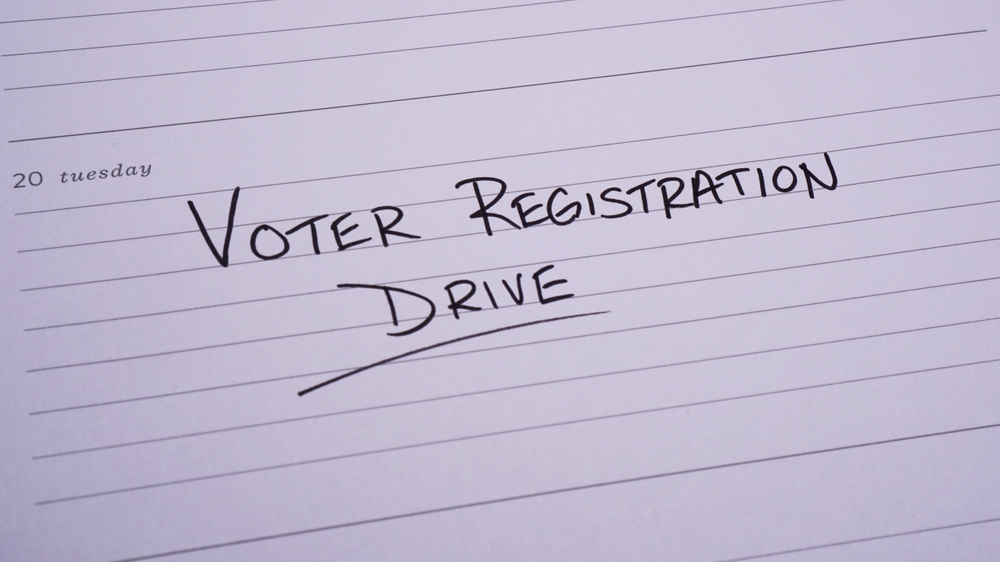With less than a year until the 2024 U.S. Presidential election, we are once again noticing an increase in lobbying and political activity among 501(c)(3) organizations. While some lobbying is permitted, 501(c)(3)s are strictly prohibited from intervening in campaigns for public office. The prohibition is absolute in the sense that even minimal intervention can lead to drastic consequences for the violating organization, such as loss of tax-exempt status.
Though intervention is not permitted, the law does allow 501(c)(3)s to sponsor neutral, non-partisan voter registration drives. Neither the law nor the IRS defines “non-partisan” as it relates to voter registration drives. However, within overall the 501(c)(3) context, non-partisan is generally understood to mean non-affiliation or non-bias with respect to any cause, political party, or group.
Whether a voter registration drive is non-partisan depends on the totality of the circumstances. The IRS has ruled that even where a 501(c)(3) organization does not explicitly tell its audience to vote for a certain candidate, messaging that can be construed as favoring one candidate over another is prohibited campaign intervention.
Accordingly, 501(c)(3)s must be scrupulous in planning and executing voter registration drives to ensure they are not jeopardizing their exemption. The following are our top three things to consider if your 501(c)(3) organization is sponsoring a voter registration drive.
Maintain Neutrality.
Make sure mechanisms are put into place so that voter drives remain neutral. This means instructing staff members and volunteers to refrain from referencing any candidate or political party at registration booths (other than educating participants on official voter registration forms). It also means that signs, banners, and pamphlet handouts should not give anyone reason to infer that the organization favors a certain person, party, or cause.
While the organization itself may take a stance on political issues, such stance should not bleed into the voter registration drive. For example, a 501(c)(3) environmental organization organized to reduce carbon emissions and reverse the effects of climate change should be very careful to not encourage participants to vote in favor of a candidate or party that supports green policies.
It is important to reiterate here that indirect conduct favoring one candidate over another constitutes prohibited campaign intervention. For example, the IRS has ruled that encouraging only those individuals that the organization has reason to believe are likely to vote for a candidate favoring the organization’s political stance is prohibited campaign intervention.
Educate, Don’t Advocate.
The primary goal of your voter registration drive should be to educate the public and encourage civic participation. Staff and volunteers should be well-versed and ready to provide unbiased information on the registration process, deadlines, and eligibility requirements.
Be cautious of the language used in your materials and avoid statements or phrases that could be interpreted as supporting or opposing a particular candidate or party. A good rule of thumb is to include only facts and steer away from subjective language in your materials.
Engage in Broad Outreach.
Target a diverse audience to demonstrate a commitment to non-partisanship. Because even indirect messaging can be construed as campaign intervention, reaching out to individuals of different political affiliations, demographics, and communities where possible should be a priority for your voter registration drive.
If your organization is organized exclusively to support a specific underrepresented class, try to reach those in that class in the broadest possible sense – in more than one community, throughout the entire state, in multiple states, etc.
Additionally, the law for private foundations requires that they give to organizations conducting voter registration drives not confined to one specific election period and carried on in five or more states. Those 501(c)(3)s relying on private foundation grants for their operations will need to satisfy the additional taxable expenditure rules if they want to apply for grants to support voter registration drives.
Kyler Mejia is an attorney (bar pending) with Caritas Law Group, P.C. Kyler advises nonprofit and socially responsible businesses on corporate, tax, and fundraising regulations nationwide as well as donors with regard to major gifts. To schedule a consultation, call 602-456-0071 or email us through our contact form.

